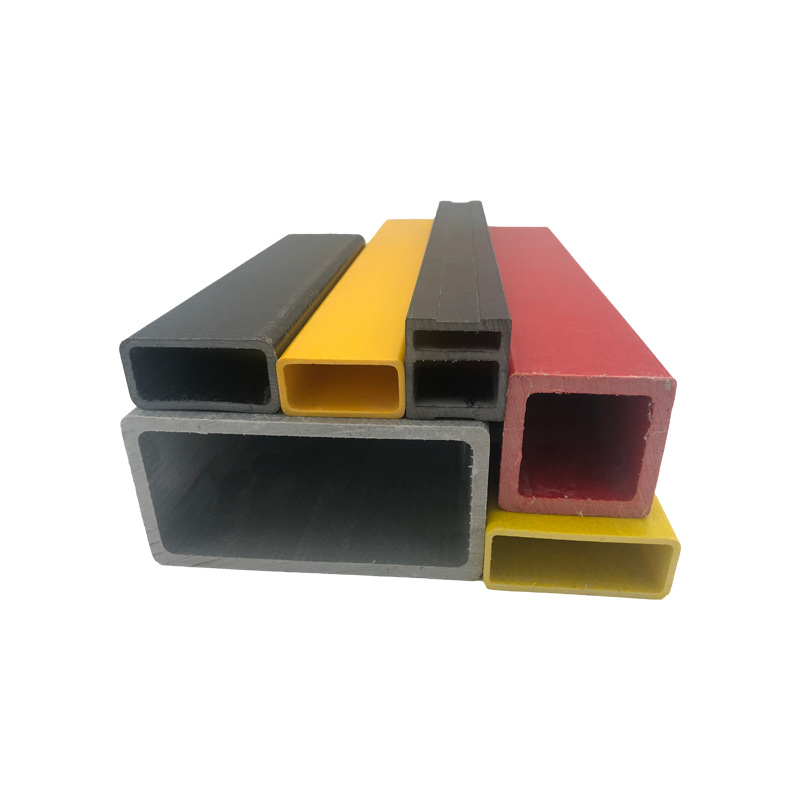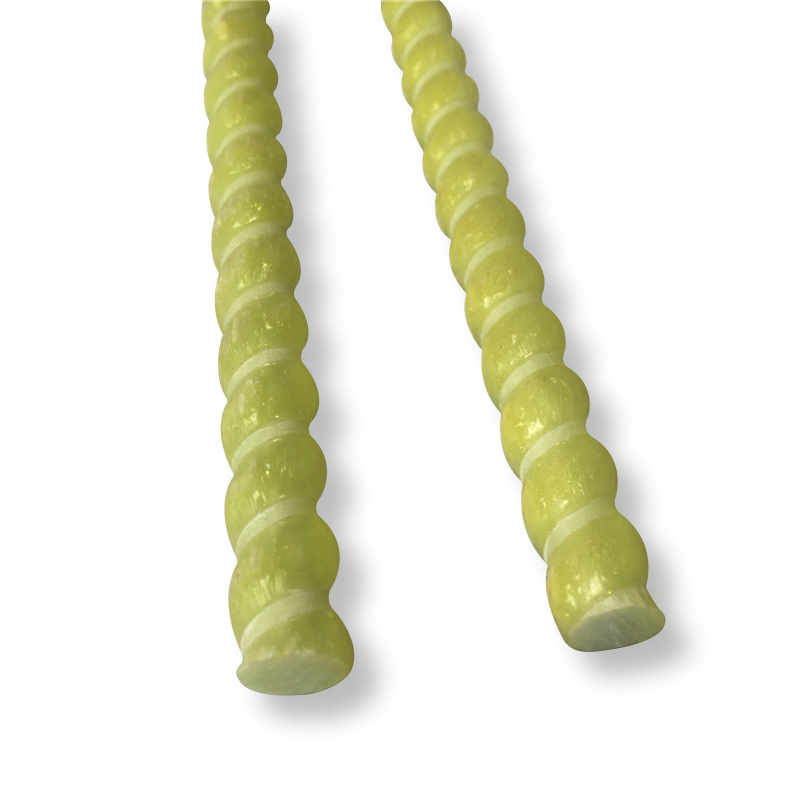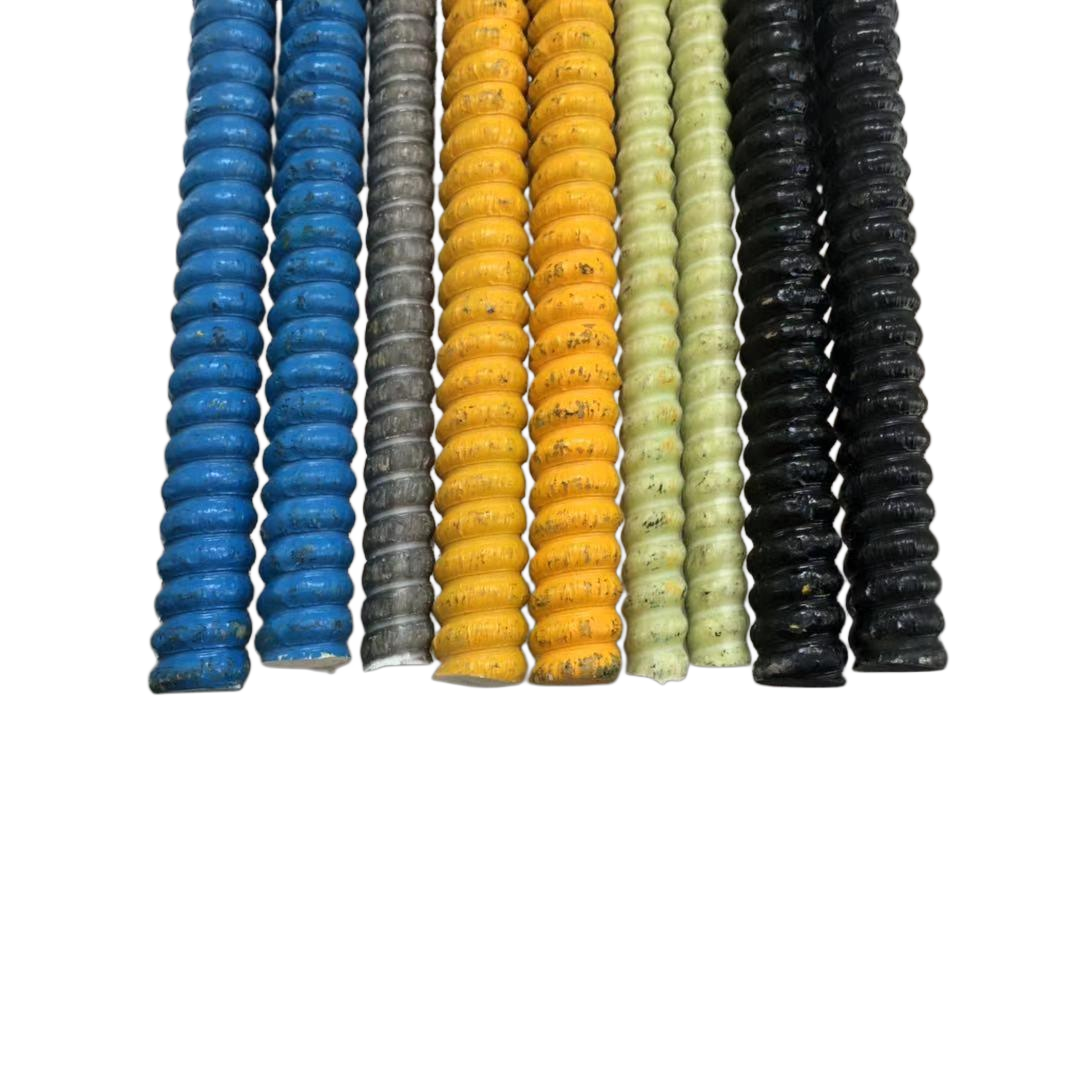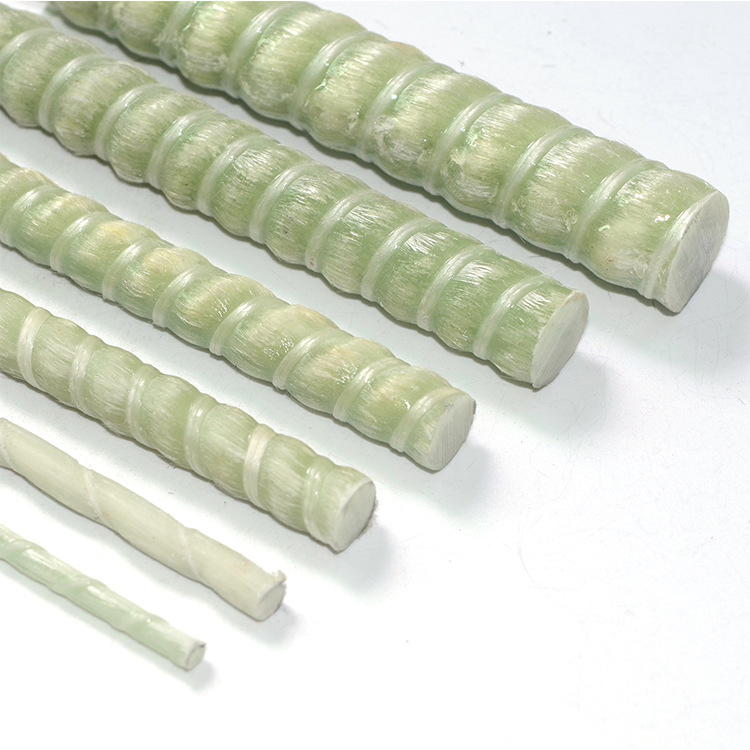Bridge support is a critical aspect of civil engineering and construction, and the choice of materials plays a significant role in ensuring the safety and longevity of these structures. One innovative solution that has gained traction in recent years is the use ofGFRP (Glass Fiber Reinforced Plastic)rock bolts. These composite materials offer several advantages over traditional steel rock bolts, making them an attractive option for bridge support. In this article, we will explore the reasons why GFRP rock bolts are becoming increasingly popular in the construction industry.
Introduction
Bridge support is a crucial aspect of civil engineering and construction, ensuring the stability and safety of these vital structures. The choice of materials plays a significant role in the longevity and reliability of bridges. In recent years, the use of GFRP (Glass Fiber Reinforced Plastic) rock bolts has gained traction as an innovative solution for bridge support. These composite materials offer several advantages over traditional steel rock bolts, making them an attractive option for the construction industry. In this article, we will explore the reasons why GFRP rock bolts are becoming increasingly popular in bridge construction.
What are GFRP Rock Bolts?
GFRP (Glass Fiber Reinforced Plastic) rock bolts are advanced composite materials designed to provide support and stability to rock formations in various geological and engineering applications. These rock bolts are made by combining high-strength glass fibers with a polymer resin matrix, resulting in a lightweight, corrosion-resistant, and durable anchoring solution.
One of the key features of GFRP rock bolts is their ability to withstand harsh environmental conditions, including moisture, chemical exposure, and extreme temperatures. This makes them particularly suitable for use in areas where traditional steel rock bolts may be prone to corrosion and degradation over time.
GFRP rock bolts are typically used in conjunction with other support systems, such as resin injection or mechanical anchors, to ensure optimal performance and stability. Their versatility and adaptability make them a popular choice for various applications, including tunneling, mining, slope stabilization, and, most notably, bridge construction.
In the context of bridge support, GFRP rock bolts offer several advantages over traditional steel alternatives. Their lightweight nature makes installation and handling more convenient, while their corrosion resistance ensures long-term durability and reduced maintenance costs. As a result, GFRP rock bolts are increasingly being used in modern bridge construction projects to enhance the safety and longevity of these critical structures.
The Advantages of GFRP Rock Bolts
GFRP (Glass Fiber Reinforced Plastic) rock bolts offer several advantages over traditional steel rock bolts, making them an attractive choice for bridge support and other engineering applications:
Corrosion Resistance
One of the standout features of GFRP rock bolts is their exceptional resistance to corrosion. Unlike steel, which is prone to rust and degradation when exposed to moisture and chemicals, GFRP rock bolts maintain their structural integrity even in harsh environmental conditions. This corrosion resistance significantly extends the lifespan of the rock bolts, reducing the need for frequent replacements and minimizing maintenance costs.
Lightweight and Easy to Install
GFRP rock bolts are considerably lighter than their steel counterparts, making them easier to handle and install. This lightweight nature not only simplifies the installation process but also reduces the overall weight of the structure, which can be particularly advantageous in applications where weight limitations are a concern. Additionally, the ease of installation translates into time and labor savings during construction.
High Strength and Durability
Despite their lightweight composition, GFRP rock bolts exhibit impressive strength and durability. The combination of high-strength glass fibers and a robust polymer resin matrix results in a product that can withstand significant loads and stresses. This high strength ensures reliable support for the surrounding rock formations, enhancing the stability and safety of the structure.
Resistance to Harsh Environments
GFRP rock bolts are designed to perform well in a variety of harsh environmental conditions. They are resistant to extreme temperatures, chemical exposure, and moisture, making them suitable for use in diverse geographical locations and climates. This versatility is particularly valuable in applications where traditional materials may be less effective or prone to failure.
Environmental Benefits
In addition to their practical advantages, GFRP rock bolts also offer environmental benefits. Their corrosion resistance reduces the need for protective coatings, which can be harmful to the environment. Furthermore, the extended lifespan of GFRP rock bolts means fewer resources are consumed for replacements, contributing to a more sustainable approach to construction.
Overall, the combination of corrosion resistance, lightweight design, high strength, and adaptability to harsh environments makes GFRP rock bolts a compelling choice for bridge support and other engineering applications. Their durability and environmental benefits further enhance their appeal, positioning them as a modern solution for the challenges faced in construction and infrastructure projects.
Applications of GFRP Rock Bolts in Bridge Support
GFRP (Glass Fiber Reinforced Plastic) rock bolts are increasingly being utilized in bridge construction and support, offering a range of benefits that enhance both the safety and longevity of these critical structures. Their applications in bridge support are diverse and significant, addressing various challenges faced in this vital aspect of civil engineering.
One of the primary applications of GFRP rock bolts in bridge construction is in the stabilization of rock formations adjacent to the bridge. When constructing bridges in mountainous or rocky terrains, it is essential to ensure that the surrounding rock is stable and secure. GFRP rock bolts are installed to reinforce the rock, preventing potential rockfalls or slides that could pose a risk to the bridge and its users. Their corrosion resistance ensures that these reinforcements remain effective over the long term, even in challenging environmental conditions.
Another critical application is in the construction of tunnels or underpasses associated with bridge projects. In such scenarios, GFRP rock bolts are used to support the tunnel walls and ceilings, providing stability and safety for both workers during construction and for vehicles and pedestrians once the tunnel is in use. The lightweight nature of GFRP allows for easier handling and installation, which is particularly beneficial in confined spaces.
GFRP rock bolts are also employed in the retrofitting and rehabilitation of existing bridges. Over time, the structural integrity of bridges can be compromised due to corrosion, material degradation, or other environmental factors. Retrofitting with GFRP rock bolts offers a solution that extends the lifespan of the bridge by providing additional support and stability. This application is especially valuable in locations where complete reconstruction would be prohibitively expensive or logistically challenging.
Moreover, GFRP rock bolts are used in slope stabilization projects related to bridge construction. When building bridges on slopes or overpasses, it is crucial to ensure that the soil and rock on the slopes are securely anchored. GFRP rock bolts are effective in stabilizing these slopes, preventing erosion and maintaining the integrity of the bridge structure above.
In summary, the applications of GFRP rock bolts in bridge support are varied and vital. From stabilizing rocky terrains and supporting tunnels to retrofitting existing structures and stabilizing slopes, GFRP rock bolts offer a durable, lightweight, and corrosion-resistant solution that enhances the safety and longevity of bridge construction and maintenance. Their versatility and effectiveness make them an increasingly popular choice in modern civil engineering projects.
Conclusion
In conclusion, GFRP (Glass Fiber Reinforced Plastic) rock bolts are revolutionizing the field of bridge construction and support. Their superior corrosion resistance, lightweight design, and high strength make them an ideal choice for various applications, from stabilizing rocky terrains and supporting tunnels to retrofitting existing structures and stabilizing slopes. By choosing GFRP rock bolts, engineers and construction professionals are not only enhancing the safety and longevity of bridges but also embracing a more sustainable and efficient approach to infrastructure development. As the construction industry continues to evolve, GFRP rock bolts are poised to play a crucial role in shaping the future of bridge engineering.



























